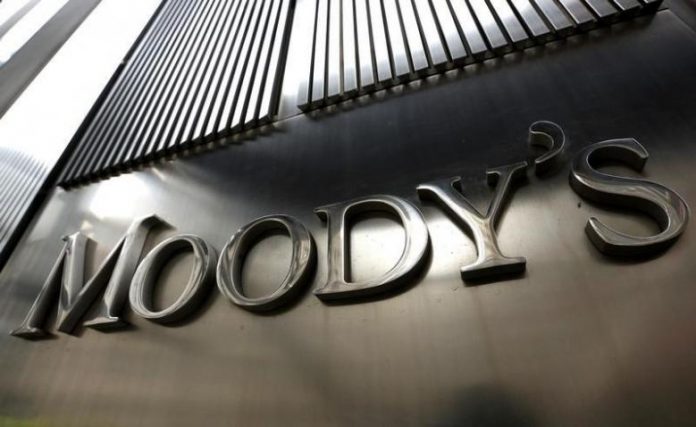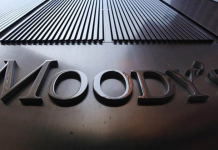
LAHORE: Moody’s on Thursday said the adoption of new Shariah standards would help widen the issuer base and increase the availability of sukuk instruments, hence facilitating Islamic banks’ liquidity management framework.
It affirmed the move of Securities & Exchange Commission of Pakistan (SECP) to notify for public consultation of adopting seven Shariah standards for a range of Islamic finance transactions.
Terming this move as credit positive for Islamic banks in Pakistan, Moody’s said it promotes standardization across Islamic financial institutions, a problem which has been limiting the growth of the Islamic finance industry.
These standards will assist in resolving Islamic financial institutions’ persistent liquidity management challenges by enabling the establishment of a clear framework of Shariah-compliant liquidity instruments.
Moody’s said the apex regulator was “implementing standards issued by the Accounting and Auditing Organization for Islamic Financial Institutions (AAOIFI), an Islamic international non-profit body that prepares accounting, auditing, governance, ethics and Shariah standards for Islamic financial institutions. One of AAOIFI’s main goals is to provide a set of standards for Islamic finance transactions like the roles of International Accounting Standards and International Financial Reporting Standards for conventional banks and financial institutions.”
It added that SECP was amongst the few regulators which included Oman and Bahrain who had so far made AAOIFI standards adoption obligatory.
The credit rating agency highlighted that implementation of these standards would promote Islamic banking in the country, where the central bank is aiming to raise market share of Islamic banks to 20 percent by 2020.
It lauded State Bank of Pakistan (SBP) for being amongst the few regulators that had introduced a detailed legal, regulatory and Shariah-compliant framework for the Islamic banking industry.
Moody’s said domestic sovereign Sukuk issuance was considerably less than demand forcing Islamic banks to use their excess liquidity elsewhere, with more focus on financing compared with their conventional peers.
The credit rating agency said it expected the new standards to widen the issuer base and increase the availability of sukuk instruments, thereby facilitating Islamic banks’ liquidity management framework.






